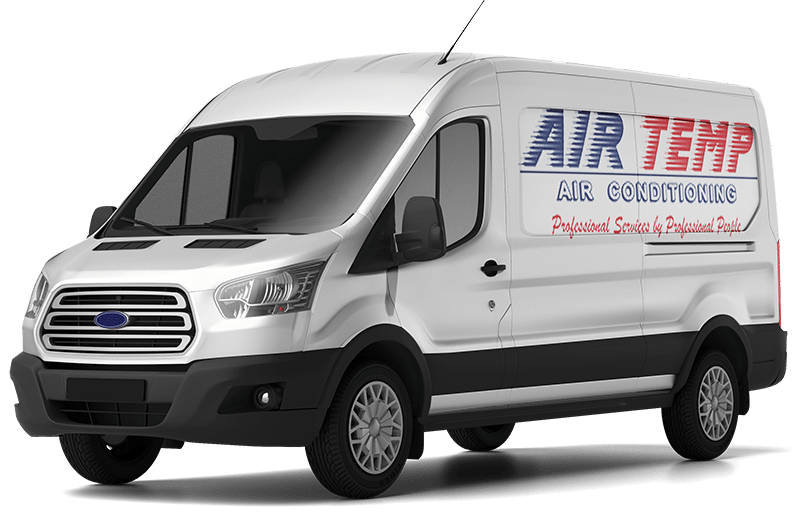The heat pump is your home’s transport system for all sources of heat. While they don’t generate heat themselves, they circulate heat from one place to another. The heat pump also absorbs the energy from the outside air to transfer it indoors. In a sense, the heat pump transfers energy from space to space, but that doesn’t necessarily mean they use electricity.
Many Faces of the Heat Pump
Heat pumps are excellent energy savers. A heat pump has three main types that are connected by ducts: air, geothermal and water sourced. Heat pumps collect heat from the air, the ground, or a source of water outside and concentrate it for use in the home. They are much more efficient than air conditioners and furnaces. Heat pumps come in many styles and sizes, such as duct or ductless air source heat pumps, absorption heat pumps, and geothermal heat pumps. Duct heat pumps are air source heat pumps which take the outside air and transfer it to your home; they work well in any season. Ductless heat pumps use a mini split system that requires a specific air source called the reverse cycle chiller (or RCC). The RCC consists of a heat pump attached to an insulated water tank. It can heat or cool the air by heating or cooling the water in the tank; the air is then circulated throughout the home. A reverse cycle chiller also works with a radiant flooring system by sending the heated or cooled water directly through it. Geothermal heat pumps are ground or water sourced, and produce a higher efficiency when transferring the heat between the ground or nearby water source to your home. These efficient heat pumps reduce your energy by 30 to 60% while controlling humidity, and are reliable in any weather conditions. They fit most homes and have low operating costs. Lastly, absorption or gas-fired heat pumps are relatively new and use a variety of heat sources to generate their energy. These sources can include natural gas, propane, or water heated by geothermal or solar processes. In colder months your heat pump will filter the cold air through as heat. In the hotter months you can experience the same thing in air conditioning. Your air conditioner will not filter heat through, but a heat pump will heat and cool your home effectively.
Do Heat Pumps Use Electricity?
Your heat pump is a big component with a big responsibility. With our advanced technology today, these modern heat pump systems can heat or cool your home efficiently, while using very little electricity to do so. The absorption pump (also called the gas-fired pump) even uses alternative sources of energy other than electricity.
Recognize a Malfunction
It’s important to recognize the signs of an inefficient heat pump. Common heat pump problems consist of unusual noises. Parts can often come loose within the unit and cause the heat pump to produce a rattling noise. If your heat pump isn’t running, it could be a power issue or a result of a problem with the thermostat. Another way to tell if your heat pump is in need of maintenance is if it’s not efficiently pushing heated or cooled air throughout your home. The coils could be broken, or the air handler could be blocked. Without recognizable signs such as rattling or an inefficient air flow, it is difficult to tell if your heat pump needs maintenance. So, when you’re searching “air conditioning installation near me” for maintenance or repair to your AC unit, have the professional check your heat pump while they’re there. Overall HVAC maintenance is necessary for a comfortable home environment.
Are you searching for “air conditioning installation near me”? While spring is just around the corner in some states, it’s always summer and sunny in Florida. It’s time to get an HVAC system checkup. Our Air Temp Air Conditioning professionals are licensed and insured to help you with all of your HVAC needs, whether it be a heat pump system or a straight cooling system. Indoor air quality is essential, especially in the hotter months. Contact us today for our available financial options!






